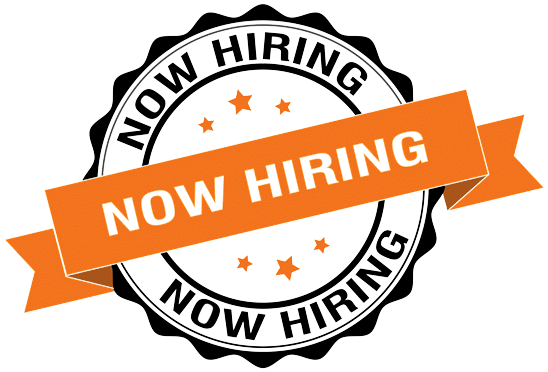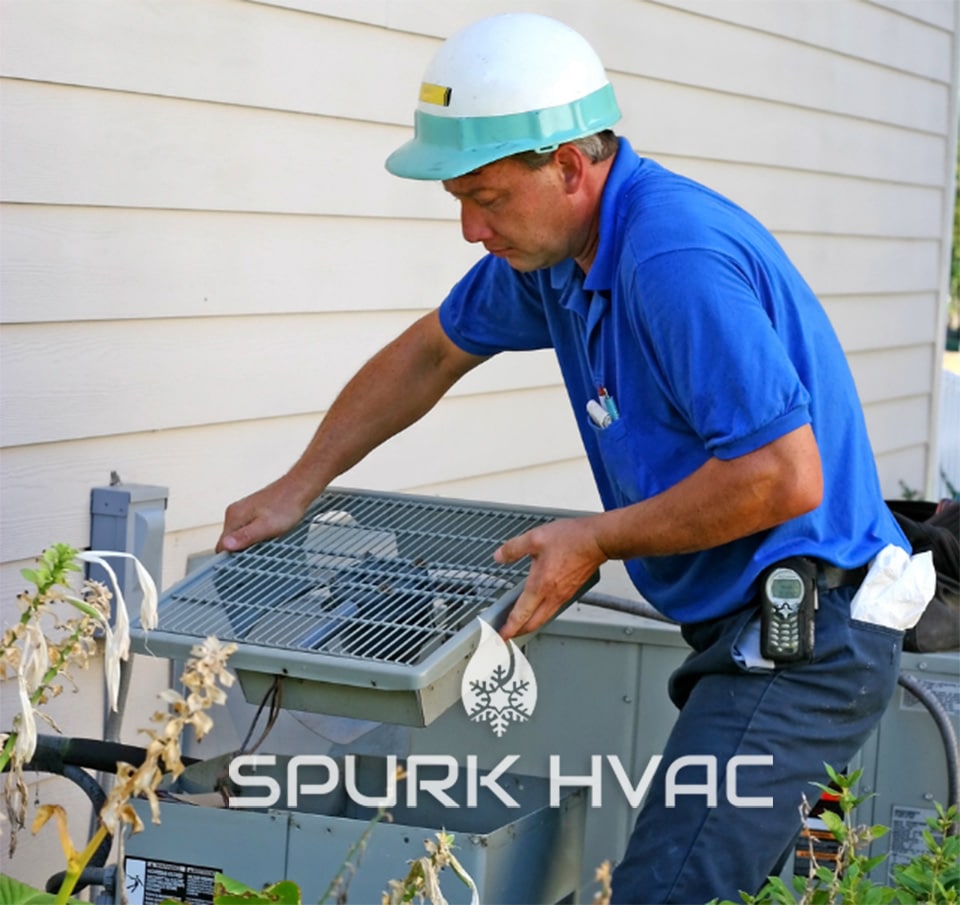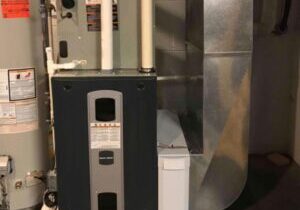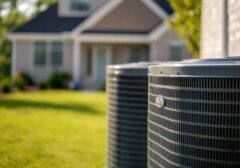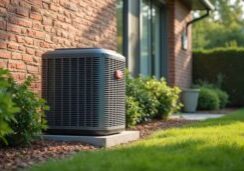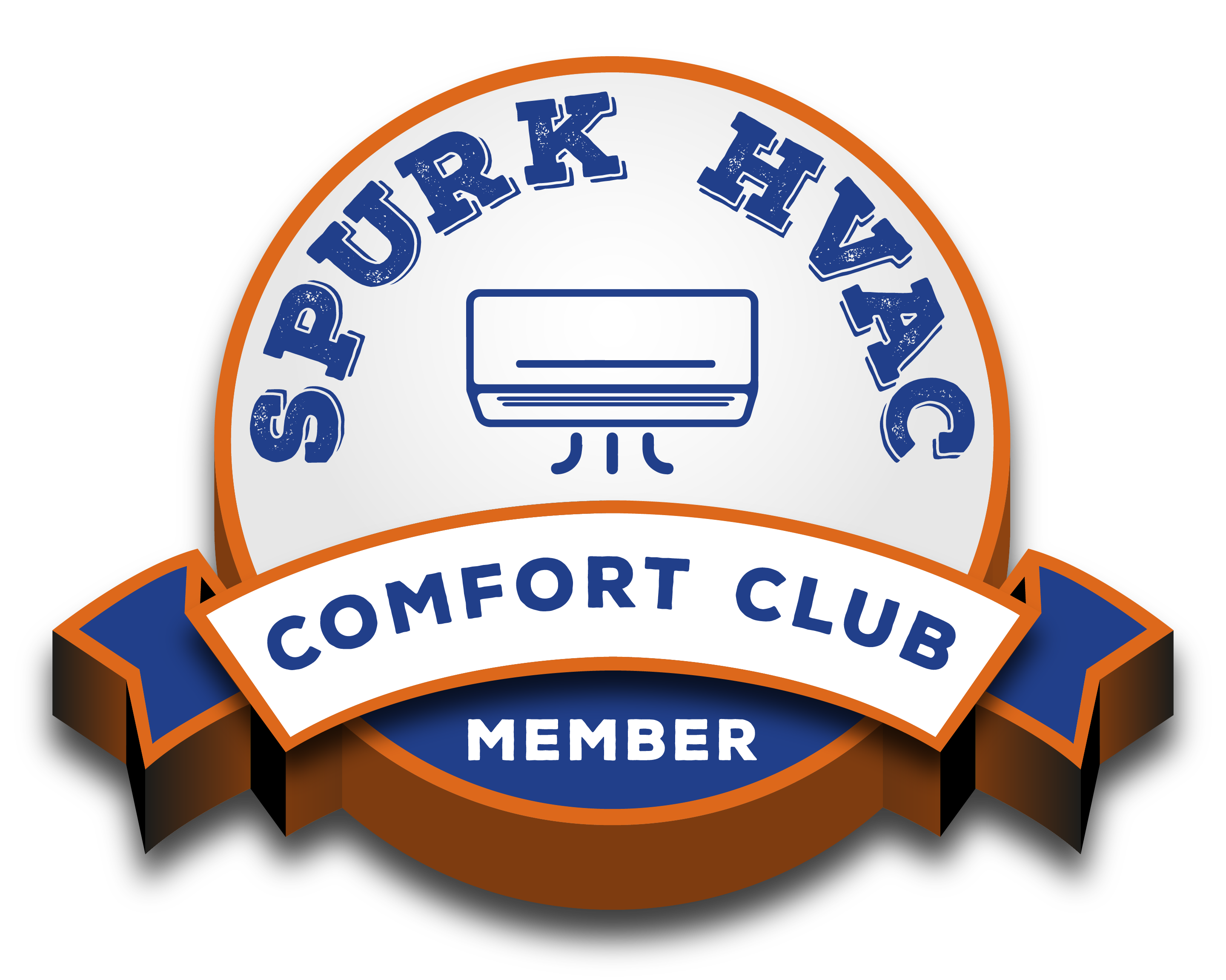Some Surprising Numbers
According to Harvard’s Joint Center for Housing Studies, Americans are spending increasingly large amounts of money on residential remodeling projects each year and seeing less and less of a return. From 2017 to 2018, the money spent on home remodels nationwide increased by 7.5%, totaling nearly $340 billion. Yet, the average ROI for these projects was only 56% — a decrease of 12% in just one year, as stated in a survey by Remodeling Magazine.
Couple that with the current COVID-19 pandemic where there has been a 58% annual increase in projects for skilled tradesmen across the board! Home extensions and additions jumped 52%, and security and privacy also saw much greater demand with interest in fence installation and repairs up 166%.
Homeowners are likely getting extra incentive from the record high amount of home equity they now have. Home prices continue to gain, despite the economic downturn, as demand for housing soars.
Just over 15 million residential properties were considered equity-rich in the second quarter, meaning mortgages on those properties was 50% or less than the value of the home, according to ATTOM Data Solutions. That is 27.5% of all mortgaged homes in the U.S., up from 26.5% in the first quarter.
When you’re planning a renovation project in preparation to sell your home, the key to maximizing ROI and avoiding costly renovation mistakes is knowing which upgrades will add the most value. HVAC upgrades will always be a safe bet and a smart investment — and yet, these home improvements are some of the most commonly overlooked by homeowners and flippers.
In today’s market, it’s riskier than ever to make the wrong renovations. You could end up spending thousands of dollars on kitchen and bathroom upgrades that never pay themselves off. Below, you’ll find an explanation of why HVAC upgrades are your best bet, backed by a list of upgrades that will almost always pay off and help you sell your home faster.
WHY TO INVEST IN YOUR HOME’S HVAC SYSTEM
Upgrades like refinished cabinets and new countertops are nice to have, I’m not here to argue with that. Especially in a house with kids, soft close drawers are a blissful luxury. However, an updated HVAC system is critical. While homebuyers won’t notice a brand-new HVAC system, they’ll definitely spot an old or broken one — and it might cost you the sale. Don’t forget, your HVAC system is one of the most expensive appliances in your home. A prospective buyer probably won’t automatically walk away from a home without all the newest gadgets, but they won’t even look twice at a home that lacks basic heating and cooling abilities.
This is a huge reason why you need to take HVAC renovations seriously and make them a priority over new flooring, paint, and other aesthetic or luxury upgrades. You might hesitate when you look into the costs, but The National Association of Realtors (NAR) reports that HVAC remodels have a higher average return on investment than most other types of remodeling projects, yielding a return of up to 71%.
Learn More: A 2018 Cost vs Value Report for Remodeling Projects by Remodeling Magazine
QUESTIONS TO CONSIDER WHEN UPDATING YOUR HVAC SYSTEM
The secret to knowing which HVAC upgrades to make is understanding which ones are best for the kind of house you have and the people you intend to sell to, and what you’d want to have if you were moving into your own home. You’ll want to take into account the region, the age and size of your home, your budget, and the layout of your property.
Please take into consideration that with all the different manufacturers, models, etc. This process can easily become overwhelming. Let us take care of that for you with a free consultation. We’ll come in, take the measurements, and recommend a system that works for you (and your move).
Is your current HVAC system still working well?
During the home-selling process, you can bet that people will ask you the age of your HVAC system. In fact, a number of home inspections require the HVAC system to be inspected by a professional. If it was installed less than 10 years ago, it most likely has a few good years of use left in it, and anything newer isn’t likely to make a difference in home value or offers from potential buyers. If the current components are still operating optimally, there’s no use in shelling out money to fix what isn’t broken. Anything older than 15 years old, however, will be a turnoff to buyers. At this point, consider replacing the HVAC system completely. (Read: Should I repair or replace my air conditioner? ; 5 Signs it’s time for a new furnace.)
Is your home located in a climate that requires heating and/or cooling?
If you’re reading this anywhere in Western Pennsylvania, Eastern Ohio, or Northern West Virginia, the answer is yes. If you’re in Erie and reading this, the answer is YES…but in bold capital letters.
Upgrading an HVAC system in a geographical location that doesn’t necessitate air conditioning or heating will not add value to your home. For example, it would be a waste of money to upgrade a heating system in a place like Southern California where temperatures are consistently warm and the heater would not be used.
On the other hand, in the Greater Pittsburgh Region in which we are located, where the climate can be extremely harsh, upgrading your HVAC system will help you sell your house faster. For example, upgrading to a solar heating system would be a smart move if your home is located somewhere sunny, whereas a heat pump would make more sense here.
Do you currently have energy-efficient HVAC units?
Efficiency-labeled homes are increasing in preference and popularity among new homebuyers (because who doesn’t want to save on their utility bills?). When it comes to increasing the resale value of your home, upgrading to energy-efficient HVAC appliances is one of the smartest moves you can make to stand out in today’s competitive housing market.
As reported by energy.gov and the US Green Building Council, homes that have energy-efficient HVAC systems see a 5% to 8% higher selling value compared to homes without this feature. If your unit is too big, too small, or too old for your house, consider making the upgrade to minimize energy waste and attract buyers. Worst case scenario, you decide not to sell and the unit ends of paying for itself anyway!
OPPORTUNITIES FOR HVAC UPGRADES
It’s hard to go wrong with most basic HVAC upgrades, especially if the home you’re renovating is more than 20 years old. Experts in real estate all agree that, even though you may only recover 50% or less of certain HVAC investments, an upgrade could capture the interest of buyers and make it worth the purchase.
Give us a call if you’re looking to upgrade your system or even add on a couple of components for indoor air quality, energy recovery systems, and more!
Basic HVAC upgrade options
Furnace/Boiler
Replacing an old furnace or boiler is an easy upgrade that doesn’t require much labor. Most furnaces can last up to 15 years with proper maintenance, but most older heating appliances require frequent, pricey repairs and cost a lot to run. By switching to a new heating appliance, you conserve energy and improve the efficiency of your home’s heating system, which is attractive to potential buyers.
To check the age of your furnace, scan its surface for a tag with a serial number. This number usually tells you the age of your unit. For example, if a serial number is something like 1194CA4678, the first four digits mean that the furnace was manufactured on the 11th week of 1994. Dates after 2000 are usually encoded in the last three to six digits of the serial number (for example, 69809-1032708 would mean that the furnace was manufactured in July of 2008).
Air Ducts
If you are replacing an old HVAC system with a more efficient one, you might need to upgrade your ductwork to accommodate it. Ductwork is made to last 25 years at the most, but it starts to degrade about 15 years in. Deterioration will reduce the efficiency of an HVAC system significantly, so it’s a good idea to replace the ductwork if you plan to sell your home in the near future.
If you’re not a fan of messing with ductwork, we are a Mitsubishi Electric Diamond Contractor and have a slew of ductless products available from Mitsubishi Electric, a leader in the ductless AC/Heat vertical.
Central Air
People want to be comfortable in every room of their home all year long. Most homebuyers today consider central heating and air conditioning a standard feature rather than an upgrade, so without it, you may struggle to get an offer close to what you’ve asked for — or to sell your home at all. A central air installation can cost anywhere from $6,000 to 15,000, but it could increase your home value by up to 10%. Some simple math on your part will help you decide whether this investment will yield enough of a return to be worth the hassle.
Luxury HVAC Renovation Options
If the HVAC system of the home you’re selling is already in ship-shape and you still have some funds for home upgrades, consider adding a luxury HVAC feature. Jill Simmons, the Director of Consumer Communications for Zillow, stated that, “Having smart home features like smart thermostats are great features to tout in listing descriptions and may help attract a buyer’s eye, which can go a long way when it’s time to sell. Additionally, smart home features may signal to buyers that the home is updated and may have other desirable traits, upgrades, or features.”
She goes on to recommend that, when choosing smart upgrades, you should be mindful of your neighborhood’s trends, the style of your house, and its value. Try to add luxury features that appeal to a wide range of buyers rather than limiting yourself to one type of person. Some upgrades may be so out of place that they don’t yield any return on the investment.
Ductless Mini-Split Systems
Ductless mini-split systems are becoming increasingly common in luxury homes. These systems operate quietly at high efficiencies to appease the most environmentally conscious homeowner. These units are installed in every room so that, no matter where you spend your time, you aren’t cooling or heating space you aren’t using. These systems are perfect for newly constructed residences or for replacing old cooling systems. Even cooler (pun intended), these rooms can be independently controlled from anywhere in the world with your smartphone using Mitsubishi’s Kumo Cloud.
Smart Thermostat
Another NAHB survey showed that smart thermostats are now ranking in the top three most desirable home technologies among homeowners and prospective buyers. These devices allow you to control your home energy consumption and regulate temperatures from your smart device. The cost of a smart thermostat can range from $150 to $400+, not including installation.
With the way the world is going, home appraisers are beginning to include smart devices in home appraisals, according to Realtor.com. Consumer Reports reveals that smart home features like smart thermostats can bump your home’s resale value by up to 5%. For example, that would be a $20,000 value added to a $400,000 home simply because consumers are willing to pay more for a house with modern amenities.
The Conclusion
Regardless of the choices you decide to make. Paying attention to your HVAC system before you sell your home and while you’re buying a home is important. It could mean the difference between getting asking price or getting above asking price. In today’s competitive housing market, every move you make can pay dividends.
About Spurk HVAC
Spurk HVAC was formed in 2018 and is located in Warrendale, Pennsylvania. We proudly serve Cranberry Twp., Wexford, Gibsonia, Mars, and the surrounding areas. We are an American Standard Customer Care Dealer and a Mitsubishi Diamond Contractor. We service all makes and models. Please contact us if you are seeking heating repair, heating system replacement, air conditioner repair, air conditioning maintenance, air conditioning replacement, or any other heating & cooling services. Whether you are looking for residential or commercial HVAC services, we look forward to any and all opportunities to become your preferred HVAC contractor.

